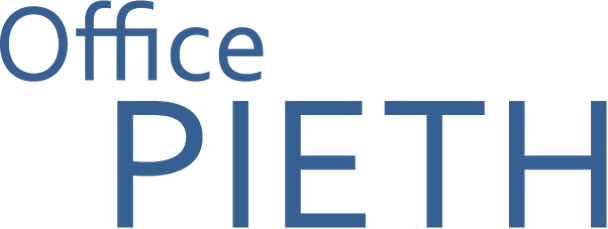Gold and mining
Shining a spotlight on the dark sides of the gold trade and mining operations
Mark Pieth's 2019 book Gold Laundering (Goldwäsche) drew global attention to the environmental and social problems of gold mining and gold supply chains.
The book traces the history of gold, how the global gold market works today, where the hidden abuses lie and how human rights in the gold industry can be protected in a credible way. Mark Pieth also examines Switzerland's oversized role in gold refining and its consequent responsibility to lead global Collective Action to prevent illegal and unethical gold from being "laundered" into legal markets.
He continues to draw attention to the problems of the gold industry and its regulation, including issues with self-regulation and loopholes in anti-money laundering laws that enable gold transactions to fly under the radar.
Together with partners he hosts Basel Gold Day, a gathering of gold industry experts from the private sector, standard setters and non-profit organisations. In 2022, the event spurred efforts to clarify the definition of "recycled" gold in order to prevent the laundering of illegal gold into recycled supply chains.
A hard copy of the book can be ordered from mark.pieth@pieth.ch
Past events
Basel Gold Day II: Recycled Gold
Hybrid Workshop, Basel, Switzerland, See the Final Agenda here.
Basel Gold Day I: How to obtain clean gold – The consumer perspective
Workshop, Basel, Switzerland.
See the Final Agenda here
